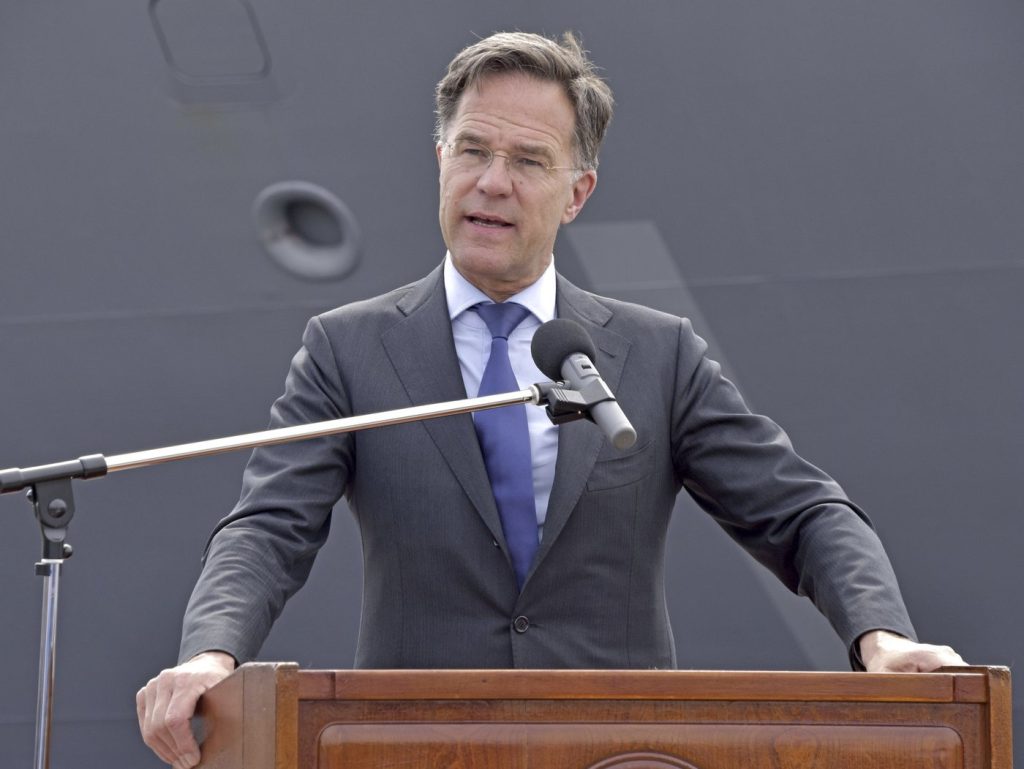On April 8, 2025, NATO Secretary General Mark Rutte expressed serious concerns regarding China’s military activities during his visit to Yokosuka, Japan, a significant naval port. He highlighted the rapid arms buildup and military drills that China has been conducting near Taiwan, emphasizing the need for NATO members and allied nations to collaborate in ensuring that sea lanes in the region remain free and open.
Rutte pointed out that China is not only enhancing its armed forces, particularly its navy, at an accelerated rate but is also providing support to Russia amid ongoing global tensions. He urged for a collective assessment of the situation, stating, “We cannot be naive, and we really have to work together, assess what is happening.” His comments reflect NATO's apprehension regarding Chinese military exercises in proximity to Taiwan, which the organization is monitoring closely.
In response to these growing concerns, Japan has categorized China as a significant threat within the region. In recent years, Japan has embarked on an aggressive military buildup, preparing capabilities for potential long-range strike through cruise missiles. In conjunction with the United States, Japan has also fortified its defense relationships with other friendly nations across the Indo-Pacific and Europe. Rutte articulated that the implications of Russia’s invasion of Ukraine demonstrate the interconnected nature of security risks in Europe and Asia.
Additionally, Rutte underscored the U.S. initiative to involve NATO members more actively in the Indo-Pacific region. He welcomed the recent visit of U.S. Secretary of Defense Pete Hegseth to Japan, which aimed to reaffirm Washington’s commitment to strengthen its alliance with Japan and maintain a robust presence in the region. It is noteworthy that Japan stands as the sole member of the Group of Seven that is not a part of NATO.
NATO’s growing partnership with nations such as Japan, South Korea, Australia, and New Zealand, collectively referred to as the IP4, has intensified in recent years. Officials from these countries have participated in various NATO ministerial and summit meetings, further solidifying the relationships amid rising geopolitical tensions.
During his visit to Japan, Rutte planned to engage in discussions with Japanese Defense Minister Gen Nakatani and Prime Minister Shigeru Ishiba. Ishiba has advocated for the establishment of a NATO-like security framework in Asia, although he has not provided detailed plans on how this would be implemented.
As competition between the U.S. and China escalates, countries sharing security concerns are increasingly strengthening their ties. Beijing has reacted negatively to NATO's expanding relationships with Indo-Pacific partners, fearing that these efforts could lead to the formation of a NATO-like alliance in the region.
Rutte's visit and discussions with Japanese officials mark a significant step in NATO's strategic outreach in the Indo-Pacific, aimed at addressing the challenges posed by China’s military ambitions and promoting collaborative security efforts among allied nations.










